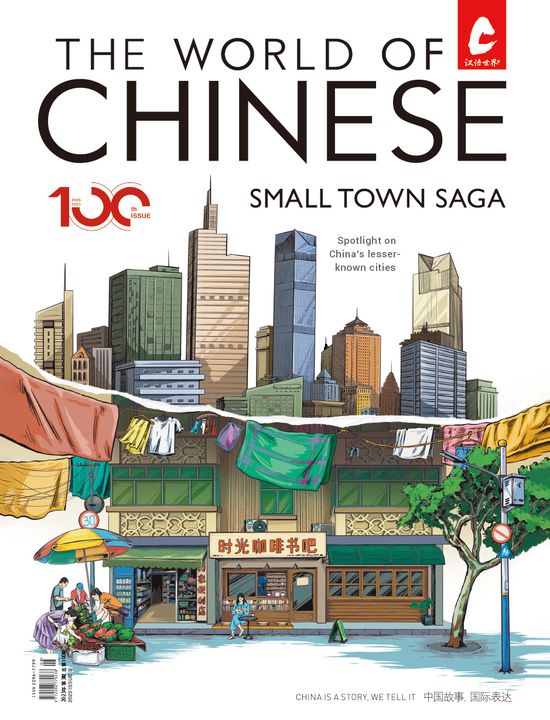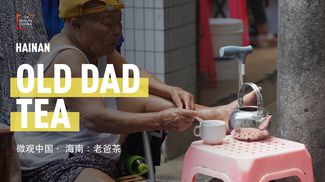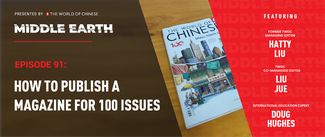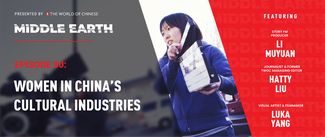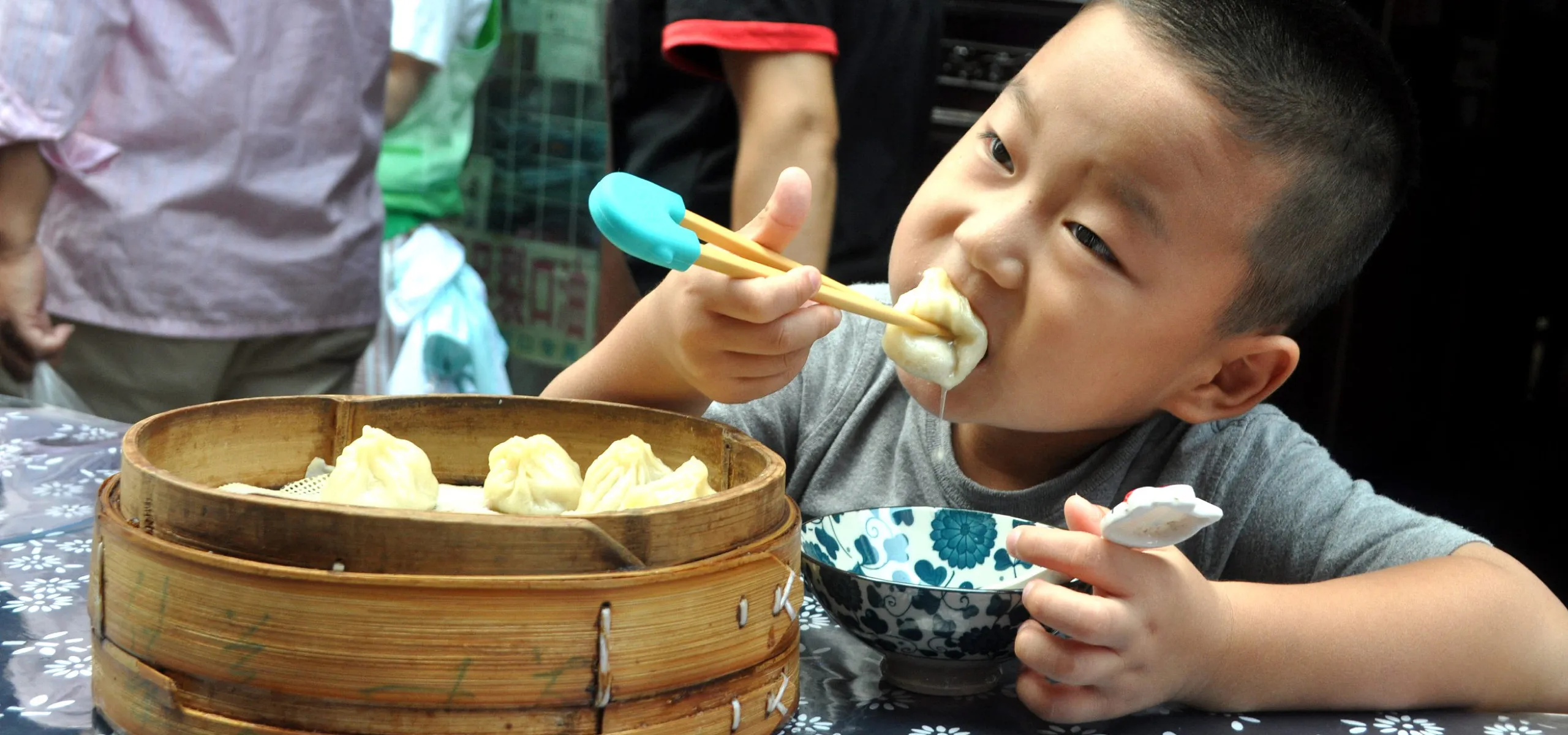The amateurs trying to preserve Chinese dialects via Wikipedia
The Wikipedia rabbit hole is full of magic portals, and some might take you straight to specific regions of China.
For example, next time you check out “Mid-Autumn Festival,” “Crimean Tatars,” or “Alpha Wave” on the online encyclopedia, look for a small line of text reading “吴语 (Wu languages)” in the bottom left corner of your browser among the list of other languages the entry is available in. Click on it and you will be transported to Jiangnan (江南, south of the Yangtze), a region that includes southern Jiangsu province, Shanghai, and much of Zhejiang province, where many varieties of Wu, a Chinese dialect or fangyan, are spoken with soft and flowing tones.
At a cursory glance, the Wu Wikipedia might look like regular Mandarin Chinese versions, as most characters are shared between the two varieties of Chinese. Sharp-eyed readers, though, quickly pick up the differences. “No” is no longer 不 (bù) but 弗 ([vəʔ] or [fəʔ], depending on the speaker), while 个 ([geʔ], [keʔ], or [ɦeʔ]) takes the place of 的 (de) as the structural particle that connects modifiers and nouns.
The sentences and grammar also tend to take on a less formal air than standard Mandarin. In addition to vocabulary differences and grammatical quirks, the content is sometimes edited to show a regional flair. On the entry for “hot pot,” editors have highlighted the local relevance of this famous cuisine: “Wu-speaking people particularly like this type [of food] (吴越人交关欢喜搿种).” The word 交关 ([tɕjɔ.kwɛ]) is Wu for “very”; 欢喜 ([hwø.ɕi]), inverted from the Mandarin 喜欢, means “to like”; and 搿种 ([geʔ.tsoŋ]) indicates “this type.”
